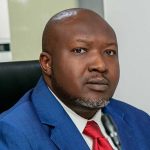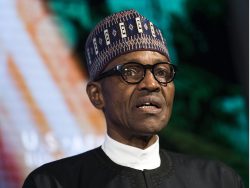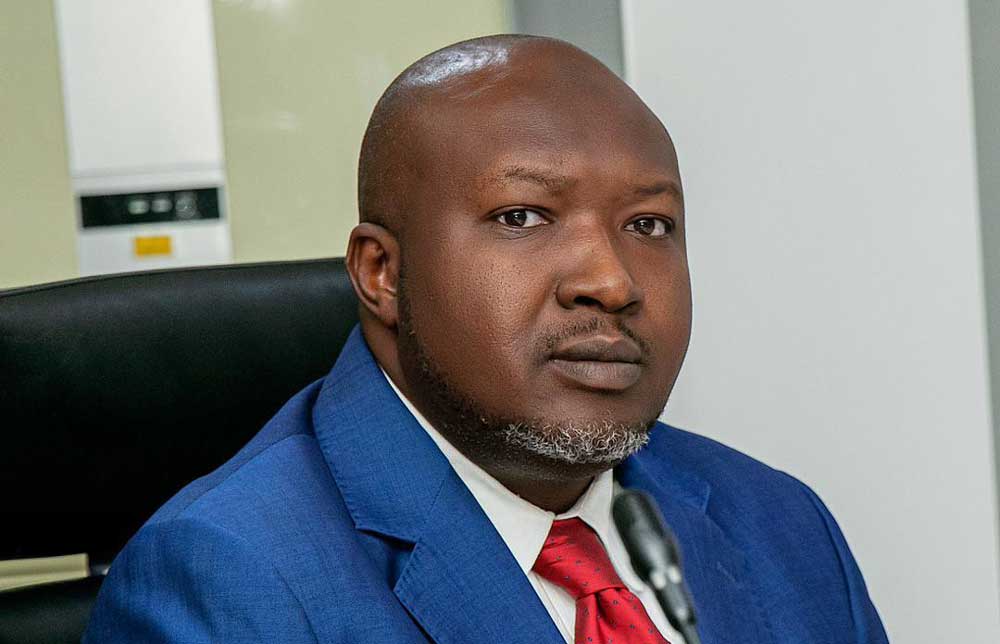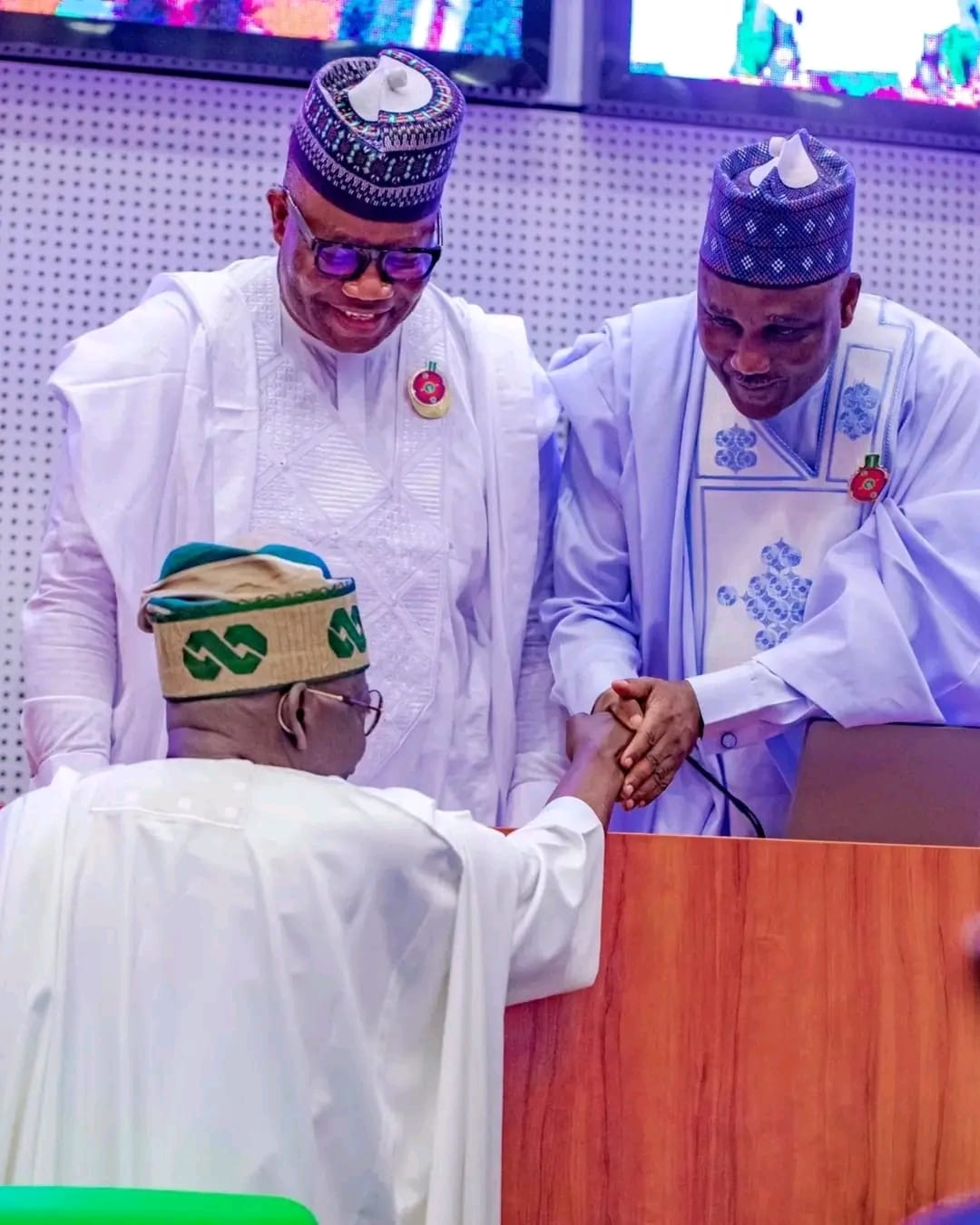Eid el-Fitr, which is expected to begin on Sunday marks the end of Ramadan or Ramzan, the holy month of fasting. Prophet Muhammad is believed to have received the first revelation of the Holy Quran during this month. The exact date of Eid depends on a combination of the sighting of the new moon and astronomical calculations.
The time when Eid starts also depends on where you are in the world, and when the new moon is seen. Nigerian Muslims have been directed to observe eid-el-fitr on Sunday.
Also known as Eid el-Fitr or Ramadan-Id, it is celebrated by Muslims all over the world, towards the end of the month of Ramadan. It implies the breaking of the fasting time frame, with the locating of new moon at night, on the most recent day of Ramadan. Eid festivities begin only after the sighting of the crescent moon. Abiding by the Sunnah — the record of teachings of Prophet Mohammad, people wake up early in the morning, chant the Salat ul-Fajr (daily prayers), take a bath and wear ittar(perfume). They also eat a hearty breakfast before heading off to perform special congregational prayers known as Salat al-Eid (Eid prayers). Many Muslims also recite the takbir (declaration of faith) on the way to the prayer ground and take part in Zakat al-Fitr (charitable contributions).
Muslims look forward to Eid el-Fitr as an occasion of peace, happiness, joy, and festivity. It’s a day for special prayers and an extension of forgiveness and generosity. The day brings people together as the festival celebrates togetherness and encourages fellowship. Companions, relatives, friends, and family are welcomed and offered desserts. Endowments are given to youngsters in the form of Eidi, generally as cash. Sisters and little girls likewise get blessings on this event.
The end of Ramadan usually depends on when the moon is sighted. On this day, Muslims gather together at the mosque to ask for blessings, before spending the day with family or friends and wishing one another with the customary ‘Eid Mubarak’, or ‘Blessed Eid’.
























Leave a comment